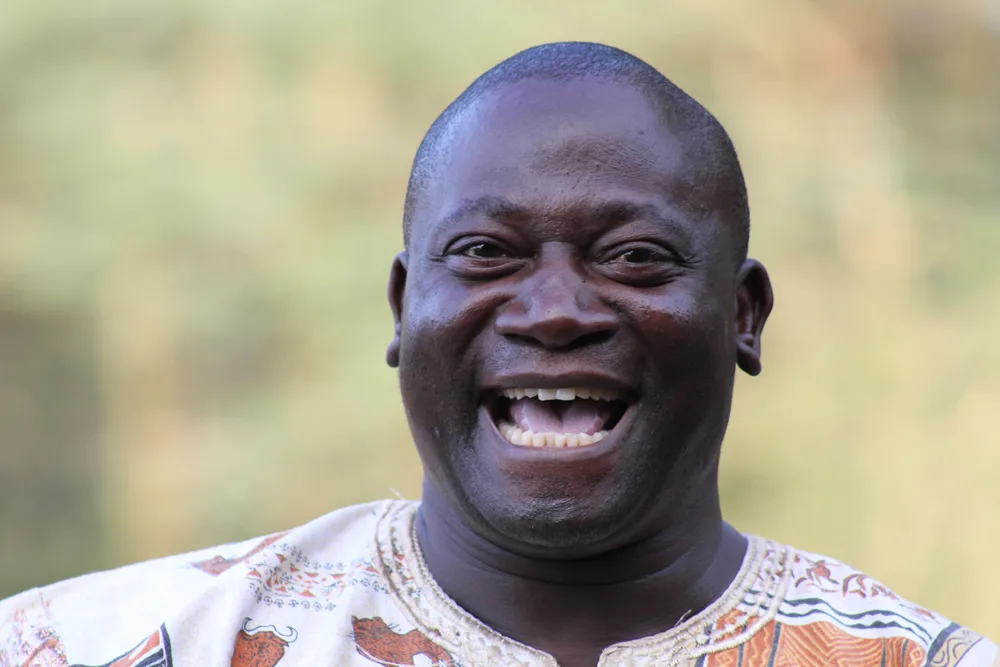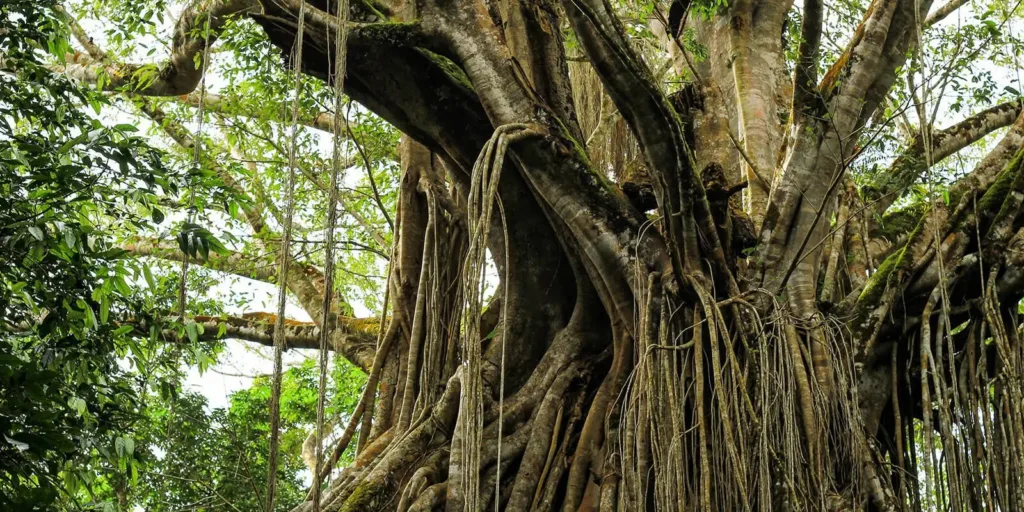A Welcome Challenge
For Dr. Moses Okello, choosing the winner of one of the world’s most prestigious conservation prizes was a victory in itself.
The 2012 Indianapolis Prize—an award bestowed only every other year upon the scientist who has made the most “significant contribution to the conservation of an animal species”—went to Dr. Steven Amstrup, senior scientist with Polar Bears International, whose three decades of polar bear research have created hope that these at-risk arctic titans can be saved.

“I was very honored to be a member of this jury,” said Dr. Okello, Senior Director at The School for Field Studies Center for Wildlife Management Studies in East Africa. “Our jury was highly skilled and full of excellent opinions and observations. It included scholars, funders, people who have run successful zoos, a journalist who covers conservation issues … it was a well-experienced and diverse jury,” he said.
Working with this distinguished international committee was a welcome challenge for Okello and his eight fellow jurors—all of whom must be widely published, held in high regard, and well-known in their respective fields to participate. “Chinese, Kenyan … We shared a well-articulated diversity of thought,” Okello said of his jury counterparts. “Most surprising to me, there was a good convergence on the final recipient.”
Almost equally as surprising was realizing he shared more in common with another juror than just the responsibility of choosing an honoree. Dr. Zhigang Jiang, now a professor at the Institute of Zoology at the Chinese Academy of Sciences, had been a fellow student at University of Alberta in Canada while Okello completed his Ph.D. studies there. During the call-in, Dr. Okello was thrilled to find they’d both been chosen in the same year. “Extraordinarily random,” he said of the unexpected mini-reunion.
The nominating committee collected submissions from the globe’s most eminent conservationists and vetted each to determine whether their dossiers matched the award’s criteria. Once the list of names was pared down to six finalists, the jury took over their final selection responsibilities in October 2011.
“We held discussions by conference call four or five times during the six weeks, looking at portfolios to come up with a winner and an alternate,” Okello said. “There was lots of deliberation, and it was so interesting, the thinking and the reasoning (behind jurors’ choices).
In seeking this year’s ultimate honoree (only the fourth since the inaugural Prize in 2006), the jury took into consideration the significance of each finalist’s work, as well as the uniqueness of his or her contribution to the world of conservation. The panel also had to gauge what could be considered personal credit.
“And last: What would be the message sent by giving this award to each of the people? What message would we be conveying?” Okello said. “We had to ask ourselves, ‘Did this person do the work that led to the protection of a species or ecosystem with limited funds?’ There were two extremes: those who were very wealthy, with access to money, grants, and political support, and those who weren’t. We wanted to choose someone who accomplished a lot with very limited support.”
Dr. Okello championed Amstrup’s work because “he works on a contemporary global issue concerning a charismatic species and focuses on issues representative of that habitat. It’s a powerful image.
“There was also the issue of the politics of conservation: This person resisted extraordinary pressure from governments and business … People could lose jobs if that habitat was defended. He had to convince very skeptical audiences using data and over many years. That was an element of science that most don’t have to go through. (Amstrup) impressed me a lot,” Okello said.
The $100,000 unrestricted prize accompanies the Lilly Medal, a distinctive work of art cast in bronze, featuring a shepherd encircled by a nature scene, the sunrise climbing behind him.
The official award will be presented at the Indianapolis Prize Gala ceremony presented by Cummins, Inc., on September 29, 2012, at the JW Marriott Hotel in Indianapolis. Actor/conservationist Josh Duhamel and television presenter/conservationist Saba Douglas-Hamilton, daughter of 2010 Indianapolis Prize winner Dr. Iain Douglas-Hamilton, are scheduled to co-host the party—a lively soiree that, according to organizers at the Indianapolis Zoo, draws international attention to conservation issues by celebrating its greatest heroes and most hard-earned, sometimes harrowing, victories.
“The invitation to Dr. Okello to serve as juror for this prestigious conservation award is a testament to his contribution to the conservation field,” said SFS Dean Dr. Robin Sears. “Dr. Okello’s publication record, professional service, and teaching success result from his unwavering commitment to improving the health and welfare of people, wildlife, and environment in East Africa.”
Dr. Okello was gratified to contribute to the work of the Indianapolis Prize, the centerpiece of the Indianapolis Zoo’s internationally recognized conservation initiative. “The work that zoos do for rehabilitation and breeding, and the education that they provide are crucial. They stand at the forefront of protecting and preserving biodiversity,” Dr. Okello said.
“I think I contributed well and I am very proud to have represented The School for Field Studies (SFS) well, and represented Africa well,” Dr. Okello said, giving additional credit to his time and experiences as center director. “It would not have happened if I hadn’t been nurtured by SFS.”


